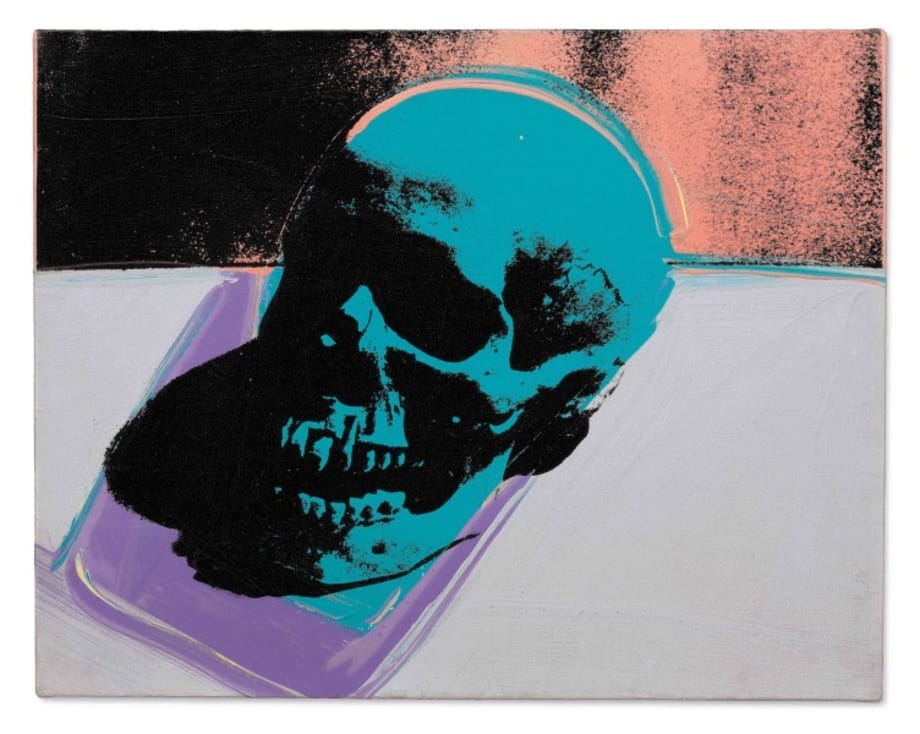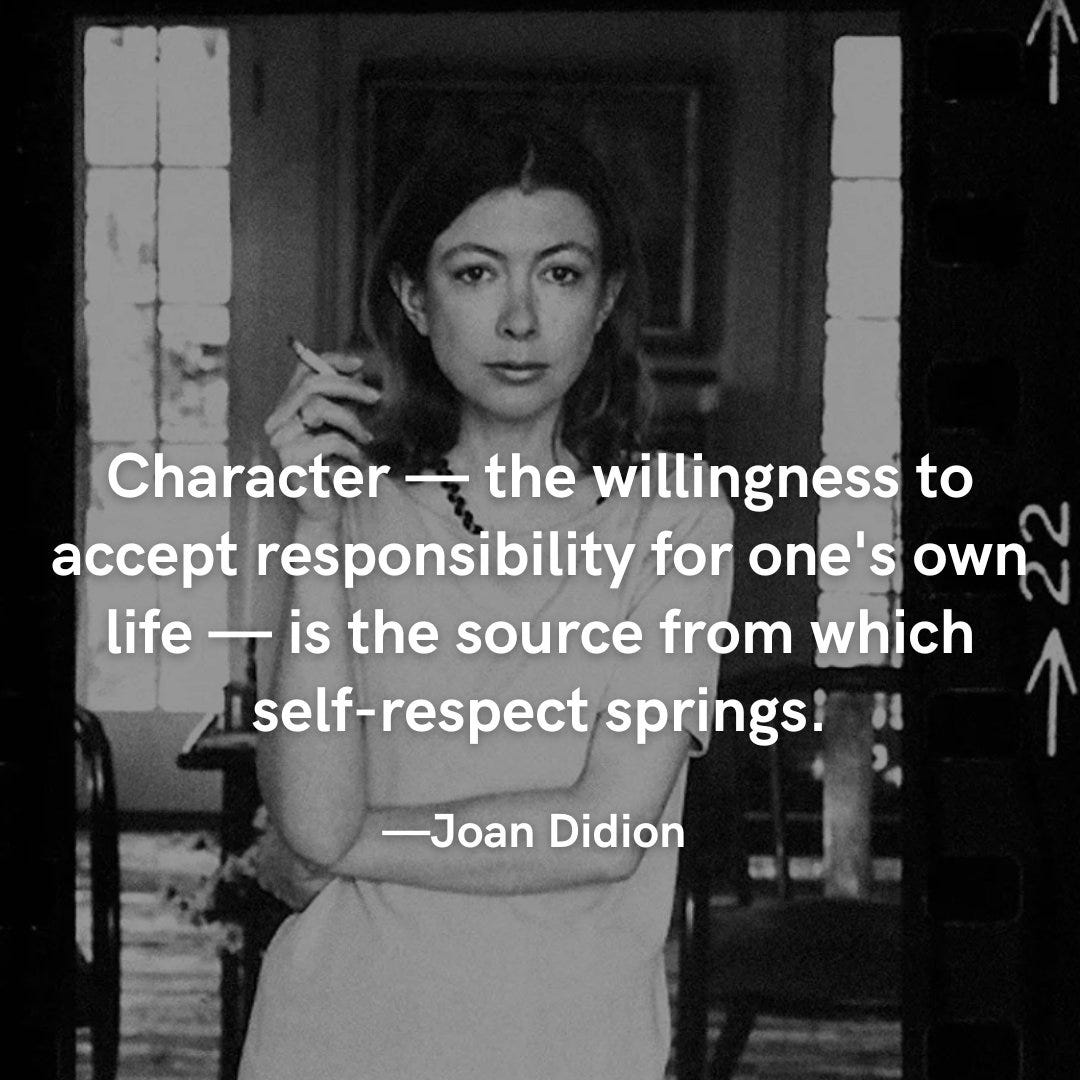'Why Is There a God?'
On the power of impossible questions
I was lying next to my son in his bed, where I often spend half an hour in the evening to get him to sleep.
He turned to me.
“Is God real?”
I answered that I believed he was.
He thought for a moment, sucking his thumb and cuddling his doll.
“Why is there a God?”
This stumped me.
While I’m familiar with some theology, I was not prepared to rehash the Argument from Necessity in terms accessible to a four-year-old.
Which is perhaps another way of saying the Argument of Necessity doesn’t do justice to the question.
The question is beautifully impossible. And beautifully human.
Why is there a God?
My son is at the age where ultimate questions about origins and destinies occupy his thoughts.
And increasingly often, his feelings.
It is an age most of us—all of us—pass through and forget.
We might think about death, life, and God.
But in the middle of life we mostly grow numb to existential dread.
Death? We worry about the death of our children, our spouse, our parents.
Ourselves? We take out a life insurance policy and consider the matter settled.
We have learned to play the game with our stakes on the table, aware that no matter how well you appear to do, you will eventually fold, the house will collect your chips, and new hands will be dealt.
The idea of death (if not the threat of it) returned to my household this week.
The whole family came down with Covid; and while it was a mild version, it brought back memories of the pandemic.
Two years in which the culture, society, and government were consumed with fears of sudden mortality.
The isolation. The strange shame of contagion. The measures we took to shield elderly family members.
It was a week of raw feelings. Exhausted, I lost my temper over tiny things — a dropped cup of orange juice, a child refusing to sit in the tub.
When asked to attend on death and God, your mind loses its grip over the mundane.
This is why mountain climbers don’t think of the peak. They think of the step in front of them.
The moment you look down is the moment you begin to lose balance.
I had intended to write the email this week about why you might want to get published in media. I will have to come back to that next week.
Instead, I asked myself what feelings I could share with you.
One thing I’ve slowly learned as a writer (and a reader) is that words with emotion in them—real, human feeling—are the only ones we care about. They’re also the ones most uncomfortable to share.
What have you been feeling lately?
What I’m Working On
Next week, I’ll share my thoughts with you on the why and how of getting published. I made my career as a freelancer for a number of years, and it’s one given me more basic entrepreneurial skills than I realized at the time.
In the meantime, on Thursday, the price for the course I released on attracting the attention of influential people will go up. Get it before then if you’re interested.
Finally, an article I wrote on media theorist Marshall McLuhan for The Free Press should be coming out later this month. I read three of his books, watched and listened to dozens of lectures, and came out more impressed than ever. He was a prophet.
Until next time,
Ben







This is a sensitive and vulnerable post, Ben. A fine and touching read for my Sunday morning. Thank you.
As I was reading your account of your conversation with your son, I flashed on Robin Williams's humorous recounting of such conversations with his own son, where he amplified the parental feeling of uncomfortable ignorance in the face of childhood philosophical questions for comedic effect:
"Daddy, why is the sky blue?"
"Well, because of the atmosphere."
"Why is there atmosphere?"
"Well, because we need to breathe."
"Why do we breathe?"
(Yelling): "What the *+%# do you want to know!? A month ago you were sitting in your own poop, and now you're Carl Sagan? Are you Buddha? Go ask your mother, she knows everything!"
I look forward to reading your McLuhan article.
This is a question that I’m asking myself every so often. It’s also a very personal one. And what’s unsettling is that we’ll probably never find the answer to it.
Somehow the idea of God and death are related, as it’s probably in those moments, when we feel the dark presence of the grim reaper that we need that hint of light in our lives. The hope. The salvation.